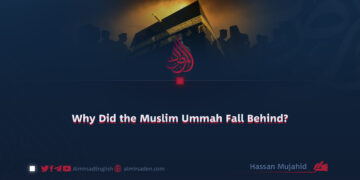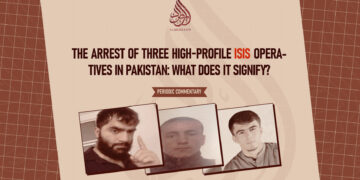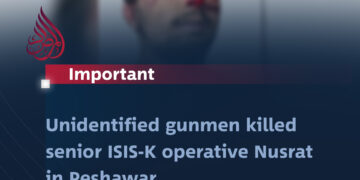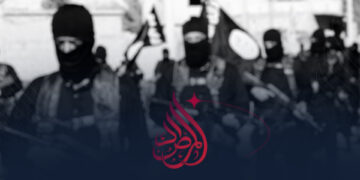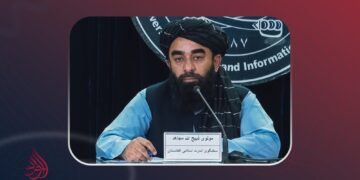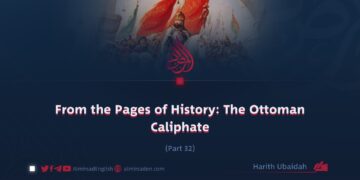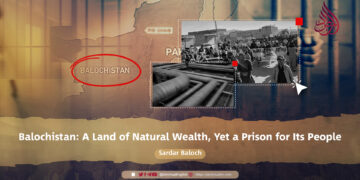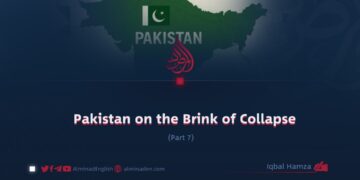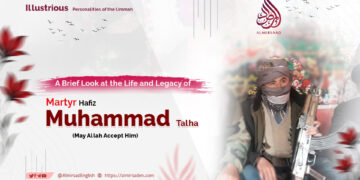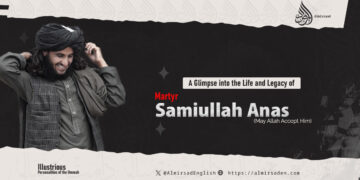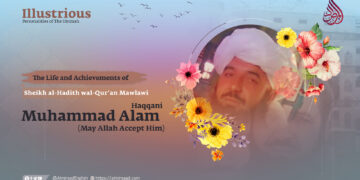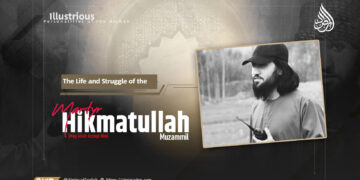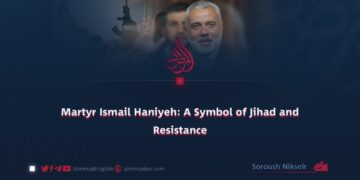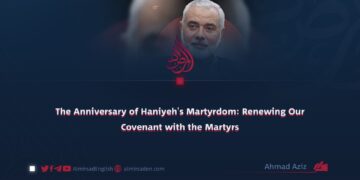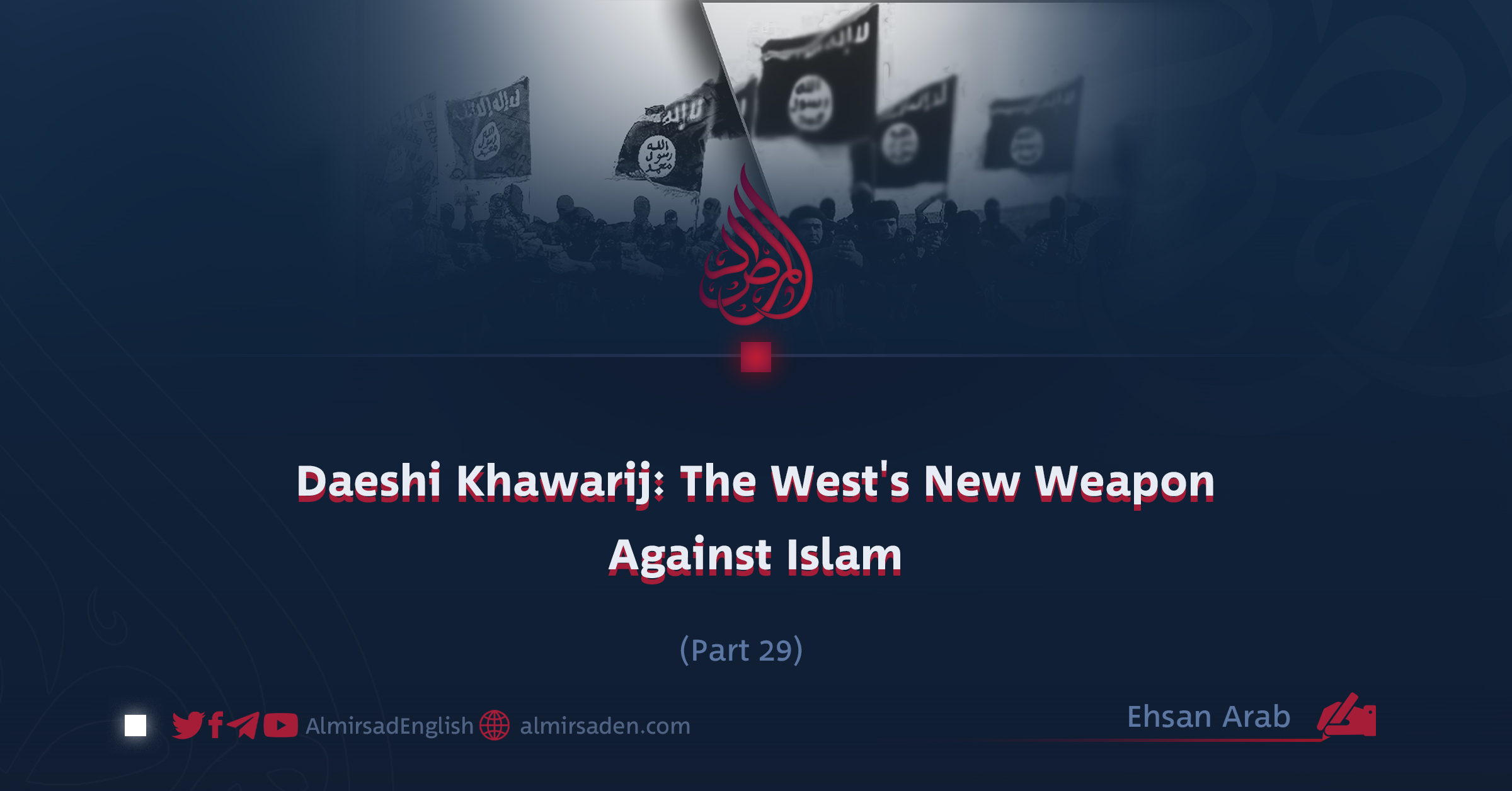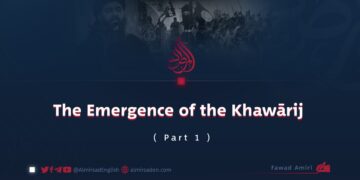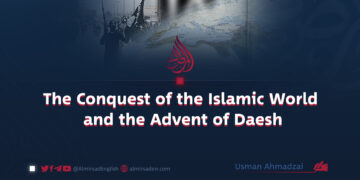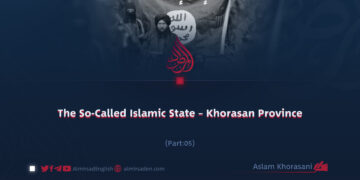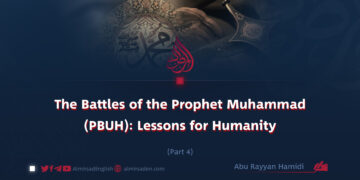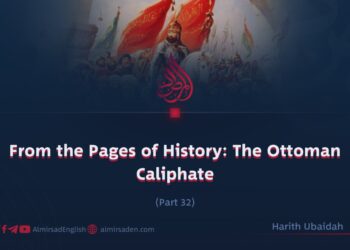Part 29
By Ehsan Arab
The Plundering and Destruction of Natural Wealth
Among the many instruments forged by the enemies of Islam, few have proven as destructive as the ISIS Khawarij. Cloaked in the language of faith and brandishing the banner of Sharia, they presented themselves as a religious movement. In reality, they became one of the West’s most effective weapons, not to uplift Muslims but to shatter the foundations of the Ummah and strip it of its God-given resources.
A rarely discussed yet deeply consequential dimension of their crimes lies in the deliberate devastation of the natural wealth of Islamic lands. Mines, oil fields, and subterranean reserves, assets that could have secured economic strength and political independence for generations, were squandered, looted, or destroyed under their control.
From their first appearance in Iraq and Syria, it was evident that ISIS had no vision for stability or development. Their mission was never to cultivate growth or prosperity; rather, it was to ensure that self-sufficiency remained out of reach for Muslim societies.
The evidence is overwhelming. Oil facilities were bombed, pipelines set ablaze, and gas smuggled across borders in vast quantities. Gold and precious stones found their way into illegal markets. Mines were wrecked, not worked. Each of these acts served a dual purpose: dismantling the economic backbone of Islamic nations while clearing the way for foreign corporations to tighten their grip on the region’s resources.
At times, ISIS burned oil wells or blew up refineries under the guise of military necessity. Yet beneath the surface, the aim was far more insidious, to cripple the infrastructure that sustained Muslim communities and to deny them the lawful use of what Allah had entrusted to them.
In this sense, ISIS accomplished through subterfuge what invading armies could not achieve through open warfare. They waged scorched-earth campaigns against the Islamic economy, leaving Muslims dispossessed of their wealth and dependent on others.
Their strategy extended beyond destruction. Systematic smuggling of oil, gas, and minerals became a lifeline for their war machine. Sold cheaply on the black market, these resources funded not the welfare of Muslims but the killing of the very people they claimed to defend.
The consequences were devastating. Nations under ISIS control lost direct access to their wealth, while global market prices shifted in ways that enriched Western corporations. ISIS, in effect, acted as a broker for hire, selling national treasures at bargain prices and transferring vital capital beyond Muslim lands.
What they left behind was ruin. Mines of gold and gemstones were stripped so recklessly that they could no longer be used for sustainable benefit. This was no accident; it was precisely what Western strategists desired, to erase opportunities for future growth and force Muslim societies into reliance on foreign aid.
And yet, all this destruction was carried out under the sacred banner of “jihad.” True Islam, however, calls upon believers to cultivate the earth, use resources with wisdom, and avoid waste and corruption. By contrast, ISIS became a fountainhead of corruption, squandering what could have been a source of strength for the Ummah.
Rather than harnessing natural wealth for the prosperity of Muslims, they left only devastation, opening the door for the enemies of Islam to exploit what remained.
The truth cannot be ignored: ISIS was never an independent force. It was a weapon carefully designed by the West to undermine genuine Islam. The West knew well that if Muslims were to manage their vast natural wealth responsibly, they would not only escape economic dependency but also rise as a formidable and independent power in politics and war.




